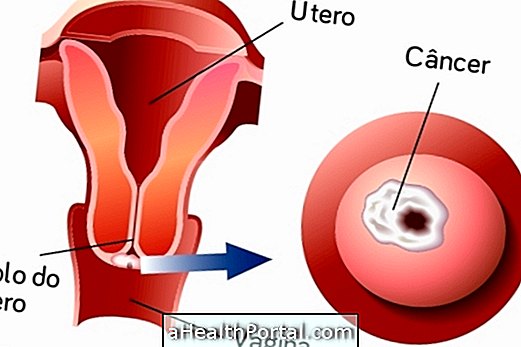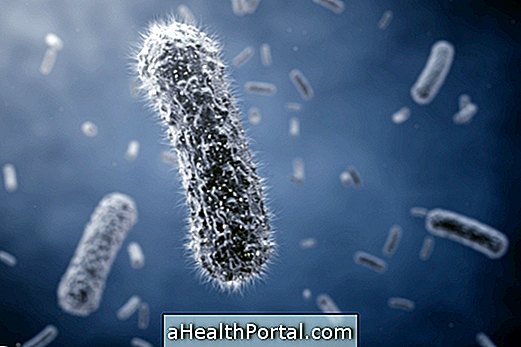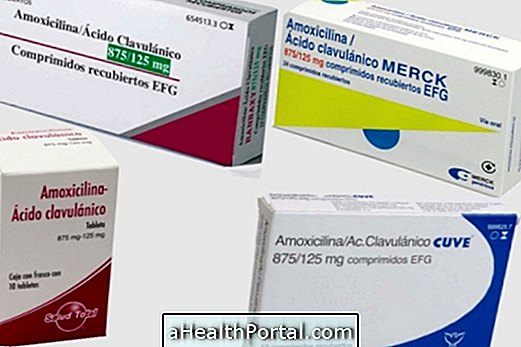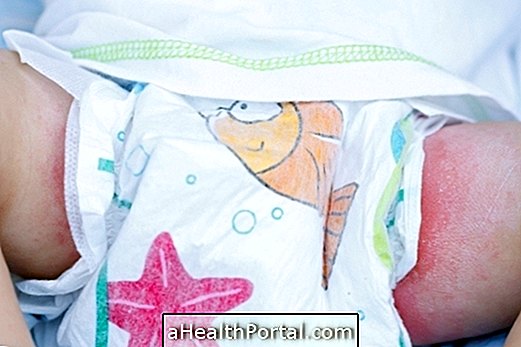Intestinal endometriosis is a disease in which the endometrium, which is the lining of the uterus, or gland and / or stroma, develops around the walls of the intestine, making it difficult to function and causing symptoms such as changes in bowel habits, of intense abdominal pain, especially during menstruation.
Normally, endometriosis needs to be treated with surgery to reduce the amount of tissue in the gut. However, there are also cases where endometrial tissue has not spread much and the disease does not produce any symptoms. In these cases, the treatment is easier and not always the surgery will be necessary, being only necessary to take hormonal remedies.
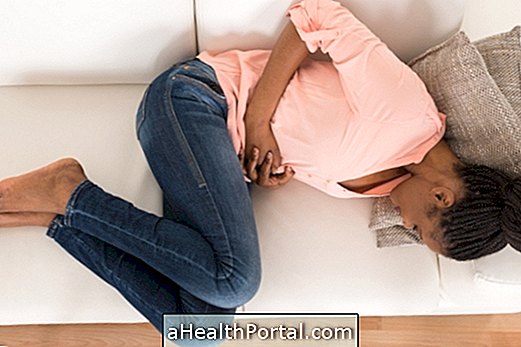
Main symptoms
Symptoms of intestinal endometriosis are:
- Intense abdominal pain;
- Difficulty in evacuating or persistent diarrhea;
- Bleeding from the anus during menstruation;
- Nausea and vomiting;
- Presence of blood in the stool.
Some women may have only some or all of these symptoms, but they often do not relate to menstruation, so a number of tests can be done to look for bowel problems before diagnosing endometriosis in the gut.
How to confirm the diagnosis
In most cases, intestinal endometriosis is only diagnosed by performing imaging tests, such as computed tomography and laparoscopy, which allow visualization of endometrial tissue adhered to the intestine and sometimes in other adjacent areas.
How is the treatment done?
The main type of treatment used to treat intestinal endometriosis is surgery, in which abnormal tissue is withdrawn from the interior of the intestine to relieve symptoms. In most cases, this surgery is done during an endoscopy, but there are more severe cases where it is necessary to perform classic surgery, with a cut in the belly, to remove all the endometrial tissue of the intestine. See more about this type of surgery.
In milder cases, where symptoms are not very intense, surgery can be delayed and in such cases treatment can be done with the use of birth control pills with special dosages that prevent the growth of endometrial tissue in the gut.
Possible Complications
One of the complications of endometriosis is that although endometrial tissue can be removed, doctors do not guarantee cure of the disease. Even though the woman appears to be cured, regular checkups are needed to see if the disease has not returned.
In addition, in many cases, women with intestinal endometriosis also have endometriosis in the uterus, which may cause other sequelae such as difficulty in getting pregnant. Learn more about getting pregnant in cases of endometriosis.
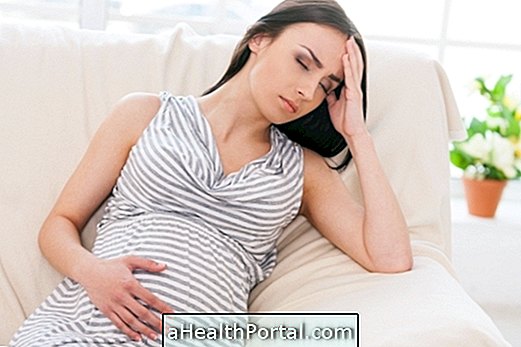
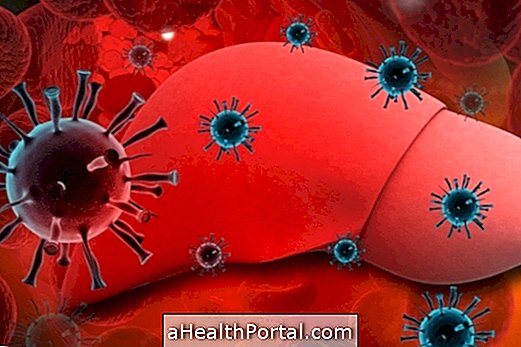



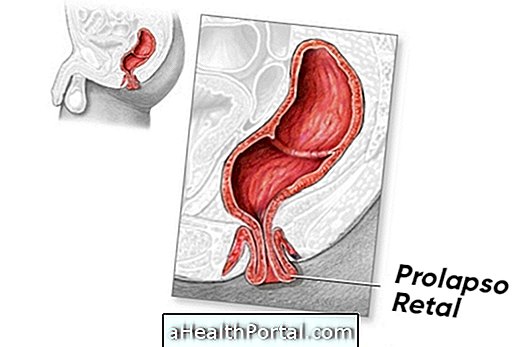




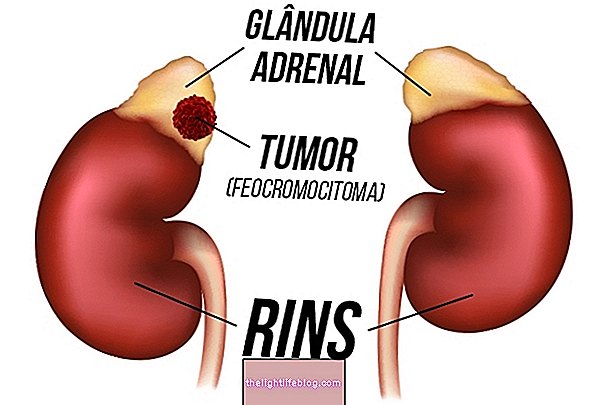
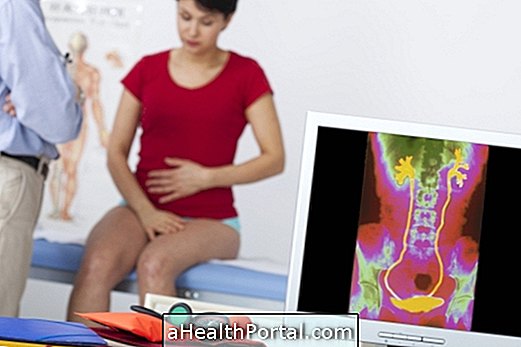

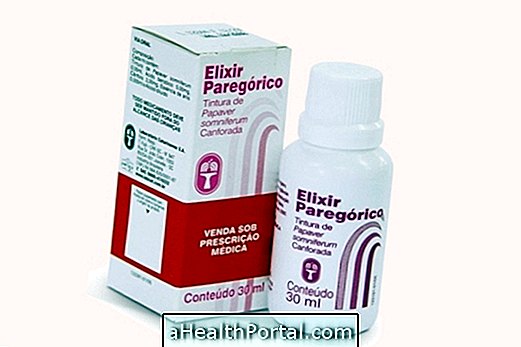
.jpg)
